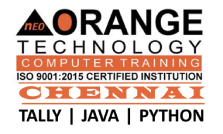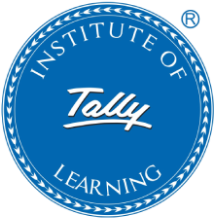INTRODUCTION TO TESTING :
At the end of this module, you should be able to:
Basic software testing principles and models.
Processes used to test business requirements.
Risk management strategies.
Using reporting and Key Performance Indicators (KPIs) to measure success.
INTRODUCTION APPLICATION LIFE CYCLE MANAGEMENT (ALM)
At the end of this module, you should be able to:
Managing quality information throughout the development cycle.
Create releases and cycles
Constructing and organizing requirements.
Creating and executing manual and automated test sets.
Monitoring defects.
Using graphs and reports to track the success of a project
USING QUICK TEST PROFESSIONAL (QTP/UFT)
At the end of this module, you should be able to:
- Recording and playing back tests.
- Creating basic scripts from a manual test case.
- Use the Object Repository
- Enhancing basic tests with synchronization.
- Apply verification using standard check
- points Using debugging tools to troubleshoot tests
USING VIRTUAL USER GENERATOR
At the end of this module, you should be able to:
Record and replay scripts in the web environment using VuGen
Measure steps and business processes using transactions
Parameterize scripts to vary user input data
Correlate scripts to process server- generated data
FUNDAMENTALS OF LOAD RUNNER (LR)
At the end of this module, you should be able to:
Identify the components of Load Runner
Design a load test scenario
Schedule Scenario
Configure Performance Monitors Execute ScenarioFor More Details - Click Here






